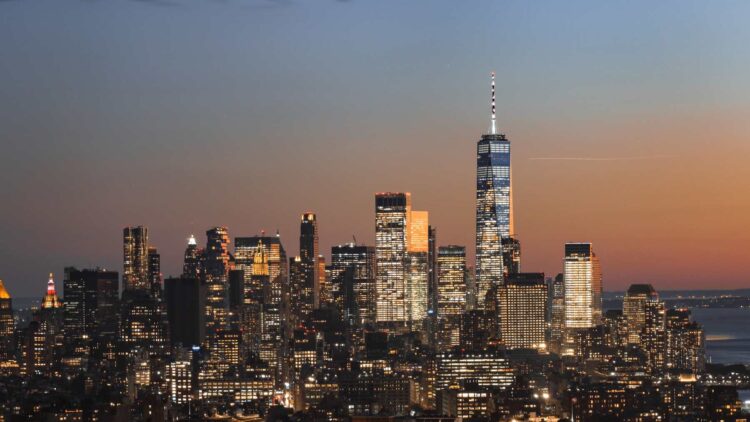It is not uncommon for Class Action lawsuits to be filed against companies, after all, they make many decisions every day that impact the lives of customers and they do not always have their best interests in mind, just the bottom line. However, something that is less common is to see a class action suit against a city, but that is exactly what happened to the City of New York, when claims were made that inmates were held in custody improperly and for too long.
The problem is not new, and despite the news nowadays it has nothing to do with current deportations that are taking place under the Trump administration. This lawsuit involves inmates that were held for longer than necessary at the request from the U.S. Immigration and Customs Enforcement (ICE) between April 1, 1997, and Dec. 21, 2012.
The New York City Department of Correction class action lawsuit
The problem these affected detainees were facing is that they were incarcerated and given ICE detainers, which are supposed to hold someone for up to 48 hours past their release date so immigration authorities can take custody. If this does not happen, the city is meant to release the prisoners and have ICE pick them up should they wish to do so, but not infringe on their rights by just keeping them jailed.
However, according to the class action lawsuit, the New York City Department of Correction often went beyond that window and as a result, many were stuck in custody without any legal basis to keep them there.
Since the law was so blatantly disregarded and New York is a city where illegal immigrants have been accommodated since the beginning as they make up a huge percentage of the labor force, this policy was surprising to natives and migrants alike, especially since those that were incarcerated for their crimes were not picked up immediately by ICE, which likely made them very low priority.
The lawsuit eventually led to a major payout from the city and while officials did not admit they did anything wrong (a move usually reserved for private companies that are also clearly violating their customer’s rights), they agreed to a $92.5 million settlement to bring the case to a close. That money will be split among those affected, depending on how long they were unlawfully detained and which group they fall into.
Two main categories of people are eligible to receive money depending on the time that they were held in custody. The first is called the “Statute of Limitations Group,” which includes people held past their release dates between April 1, 1997, and January 31, 2007. The second group, called the “Recent Group”, covers those detained for the same reasons between February 1, 2007, and December 21, 2012.
Those in the more recent group are expected to receive higher compensation, with average payments ranging from $20,000 to $48,000 while people in the earlier group (“Statute of Limitations Group”) could see payouts between $10,000 and $24,000. The exact amount each person gets depends on how many days they were over-detained.
Anyone who thinks they might be eligible to receive the payment will need to submit a claim form by May 15, 2025. The form can be filled out online or printed and mailed to the address provided by the administrators of the settlement and this is also the deadline to file objections or to opt out of the settlement if someone does not want to be part of it. Those who wish to file their own separate claims against the city because they believe they have a bigger case and would like further compensation will have to opt out by that date as well.
For those staying in and claiming their part of the settlement, the final approval hearing is scheduled for October 6, 2025.

